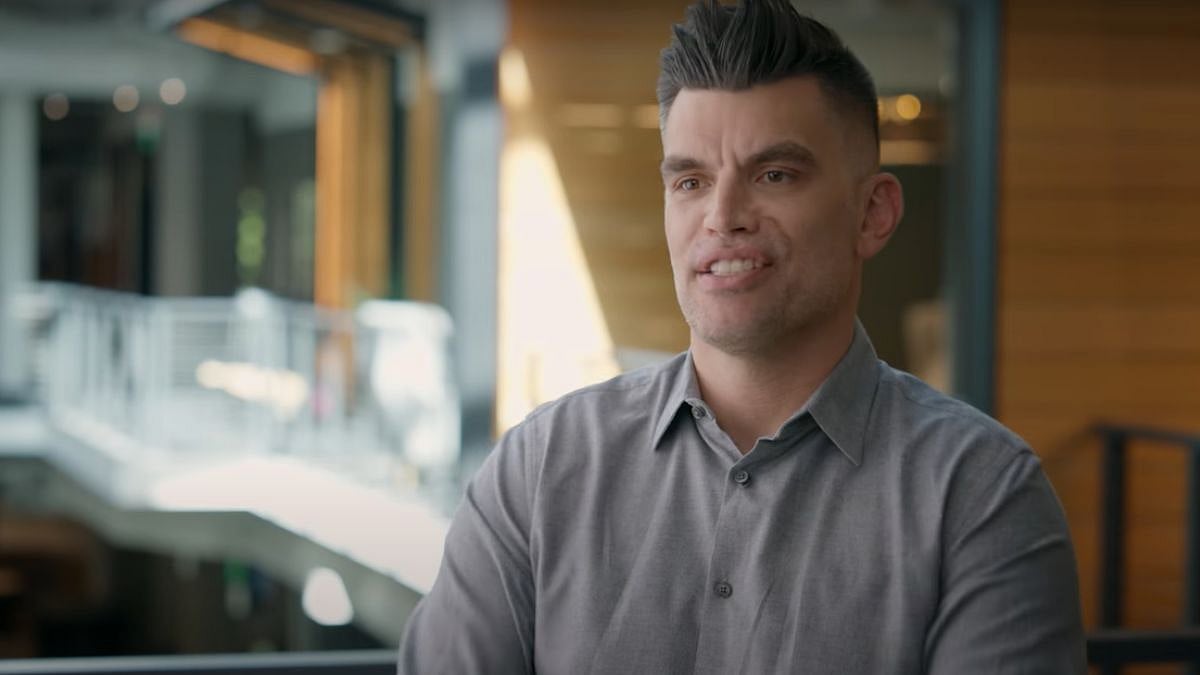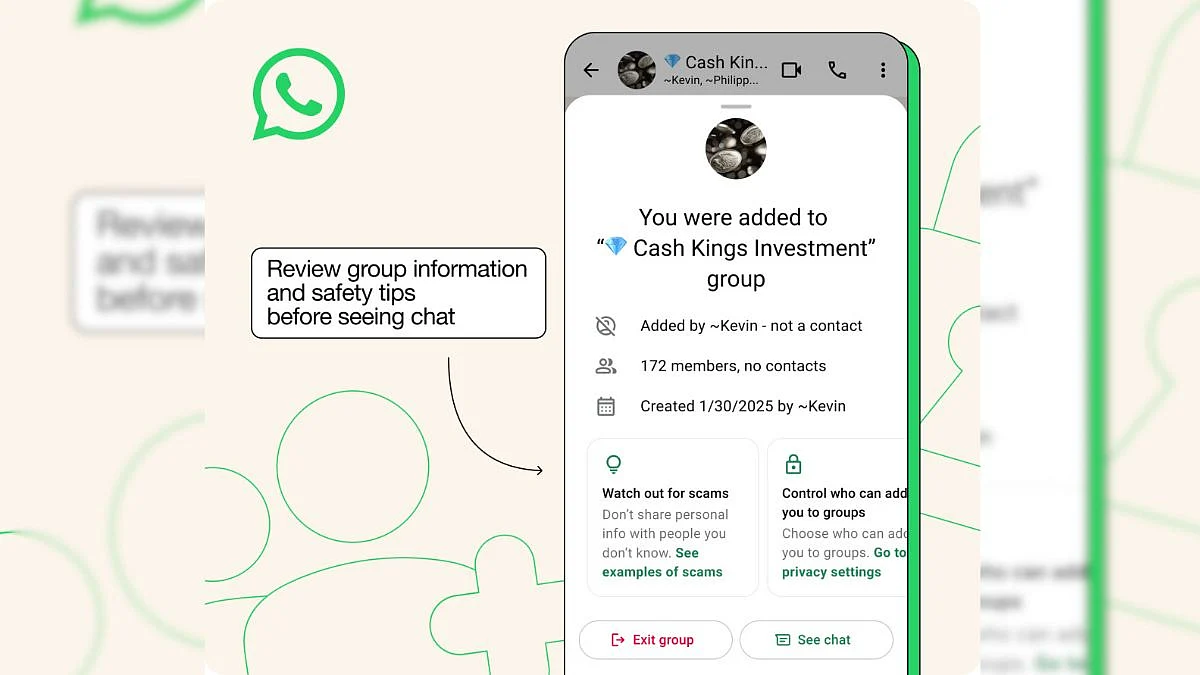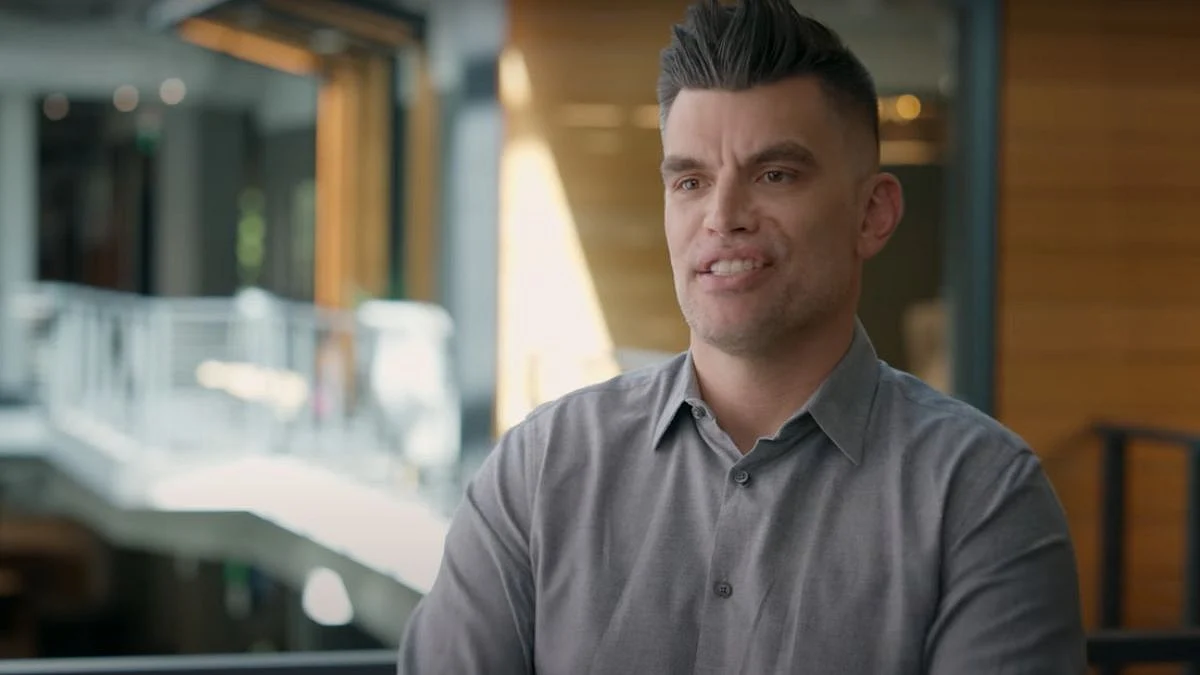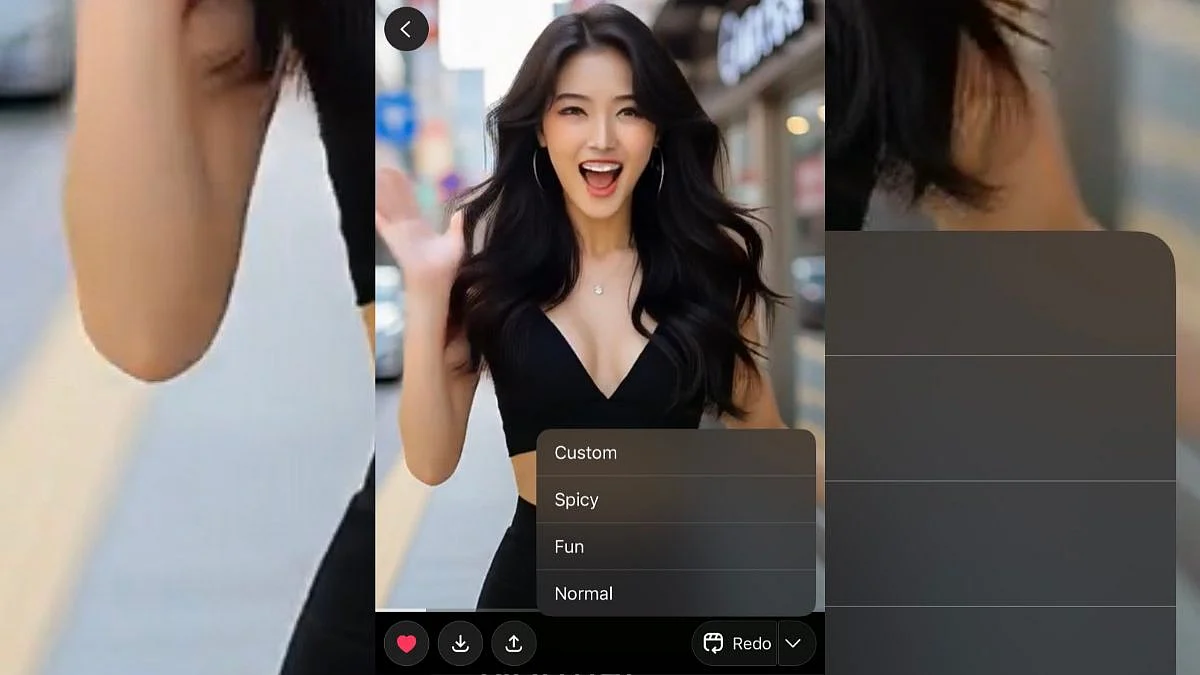Microsoft is laying out an ambitious blueprint for Windows by the end of the decade — one where traditional input methods like keyboards and mice feel outdated and archaic.
In a new video, David Weston, Microsoft’s Corporate Vice President for Enterprise and OS Security, described a future where Windows behaves less like software and more like a human-like AI assistant. This agent would see, hear, and converse with users in natural language—meaning users will soon be able to talk to their computers and expect them to perform complex tasks. Weston believes this voice- and vision-first approach will make typing and clicking feel as foreign to future users as using MS-DOS does to Gen Z today.
Weston envisions AI agents replacing routine roles, even in enterprise security. "In five years, I strongly believe you'll be able to hire a security expert - under the hood, it’s an AI agent. It'll talk to you in Teams, join meetings, read and reply to emails," Weston said. By taking over the mundane "toil work," these agents are expected to free humans for more creative, strategic tasks.
In this vision, AI isn't just a tool that responds—it's a proactive collaborator that anticipates needs, orchestrates workflows, and helps manage complex tasks across systems.
AI-First Strategy for 2030
This vision aligns with Microsoft’s broader strategy of deeply embedding AI into all facets of its ecosystem, especially through Copilot. Current features like Copilot Vision—which lets AI analyze real-time visual content on screen—are early steps toward a more immersive, intuitive computing experience. These developments point toward a future where AI supplements or even replaces traditional inputs entirely.
Weston underscored the vision: future versions of Windows will interpret user context — seeing and hearing what the user does — and facilitate interaction through language and intelligent prompts. Users may instruct their machines using everyday speech and gestures, without hovering over apps, buttons, or menus.
Microsft underlines what they are working on:
Multimodal Interaction: Replacing click-and-type with voice, visual, and contextual conversation.
AI Agents at Work: MAC-like agents that join meetings, organize tasks, answer emails, and act like team members.
Creativity First: AI removes repetitive tasks, allowing humans to focus on ideation and collaboration.
Privacy and Trust: With deeper AI access, safeguarding user data becomes critical — Microsoft has promised to build AI features on a secure, privacy-first foundation.







.jpg)
